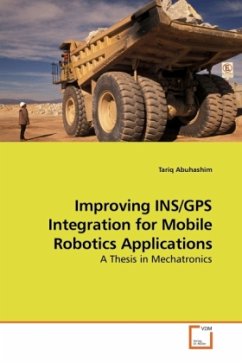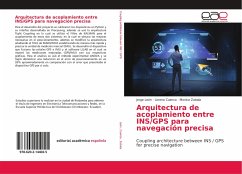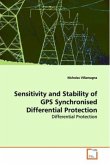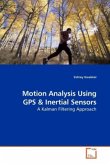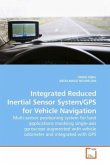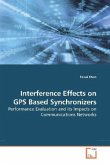This work, mainly, discusses the issue of implementing a low-cost GPS-Aided-Inertial navigation system that achieves integrity. For a mobile robot to operate in remote, hazardous and harsh environments while being implemented with low-cost sensors, fault detection and identification is a must. In this work, integrity is defined as the ability of the system to provide reliable navigation information, to monitor the health of the aids, to detect abnormalities in their behaviour, and to survive once a failure in one of its components occurs. Therefore, the integrity of the low cost GPS/INS systems is investigated to ensure the ability to obtain continuous high-integrity, high-accuracy vehicle state estimate under low-computational system requirement. A new fusion algorithm that guarantees integrity and does not affect optimality is presented. Simulated and experimental tests were conducted to verify the accuracy of the proposed techniques.

